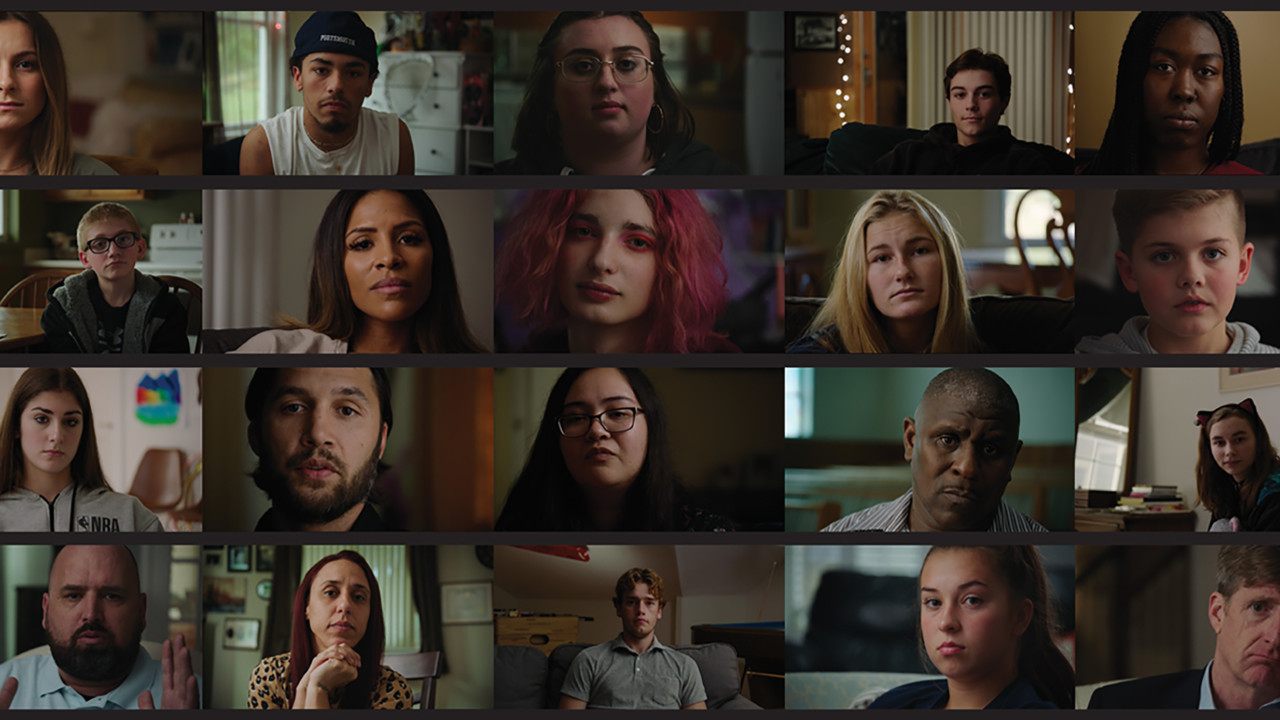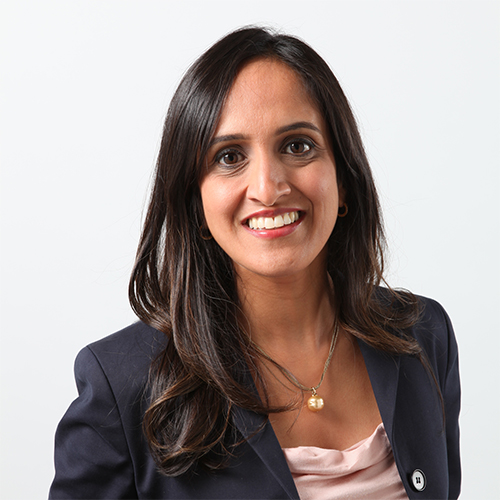
film
Part of the Hiding in Plain Sight blog series
Written by Hansa Bhargava, Senior Medical Director at WebMD and Medscape, Author and Pediatrician
Alec loved nature, but the summer of 2018 would be his last hiking trip with family. Sunshine, blue skies and a rainbow permeated tears and unbearable grief in a small church in a quaint New England town, with loved ones gathered for a memorial service for this vibrant 26-year-old, who died from an unwitting exposure to fentanyl. He suffered from mental illness and substance use disorder (SUD), fighting a difficult battle with opioid addiction over many years.
SUD’s have taken thousands of young lives in recent decades. By 2018, 70,000 deaths were attributed annually to opioid overdose. By 2020, as our country battled a pandemic, the losses increased – according the Centers for Disease Control and Prevention, and overdose death surpassed 90,000. Sadly, victims are often young adults suffering from co-existing mental health issues. Opioid overdose is the leading cause of death under age 50; indiscriminate, hitting every race and demographic.
It’s hard to get your head around these numbers – until you start hearing how many in your own networks are affected – or until you mourn the death of a victim in your own family. How does a father get through a devastating crisis? Alec’s father, Dan, shared his journey.
Dan, how old was Alec when he passed, and how did you find out?
“Alec had recently transitioned from residential addiction treatment into a sober house. It was his 26th birthday, when we learned that he had gone to a casino the night before. Gambling was another addictive behavior symptomatic of the mood disorder that he struggled with, and it was often a path to relapse. We sent his friends to look for him. That evening, we received a call from police informing us that Alec was found deceased in his sober living residence.
How were those first few weeks?
As a parent, you are always aware of the risks and possibility of an overdose, but that doesn’t prepare the heart for the devastation of losing a child. The only solace we had was that in his last days, he was sober, lucid, and the very best version of himself. I will never forget Father’s Day together. We laughed, hugged, and made amends for any wrong we thought the other had done. I like to think that he left this world knowing how much he was loved.
Did you have regrets in the last few years?
I spent a lot of time on regrets and that one hypothetical decision I could have made that would have saved his life, forgetting all the things I did that helped him to that point. I attended a candle light vigil for overdose victims soon after Alec passed away. A grieving mother spoke. Like me, she had been angered by the inadequacy and inconsistency of treatment protocols, especially relating to aftercare. She then turned inward and said, ‘But I have learned that forgiveness heals.’ That made no sense to me at the time – I wanted to hold the universe accountable – but I have learned that forgiveness is the very origin of healing, and it starts with forgiving yourself. My love for Alec would race light to the end of the universe, and I would have given my life to save him.
How did you cope with this terrible loss?
One word: Family. My younger children have a strong connection to their brother, and they keep his star shining. Kids have an innate ability to leave the unknowable in its rightful place, and perceive the eternal essence of love. Their brother lives in their hearts in a way more real than any material encounter. And my wife always finds new ways to honor his life, helping to raise awareness in our state to the intensifying opioid crisis. Together, we keep Alec close, and our lives are enriched with the love he brought into the world.
What would you say to families trying to help a loved one with SUD?
This disease tries to separate its victims from their loved ones, holding them hostage in isolation. It overtakes pathways and sabotages everything that gets in the way of the substance, loving relationships above all else. But, if you can, ‘stay in the middle.’ A person suffering from SUD needs to be fortified with the love and support of family and a sober community, lest the disease finds them alone on the outskirts, no doubt what happened to my son that last night. It can be hard when your child contravenes the help you have given and commitment you have made to their recovery but remember this illness is not a choice, and your child’s light might be hidden, but it still glows beneath the cover of dark, as Alec’s did in his last days among us. Don’t ever give up.”

Hansa Bhargava is Senior Medical Director at WebMD and Medscape, Author and Pediatrician
The “Hiding in Plain Sight” blog is a series leading to the upcoming 2022 documentary Hiding in Plain Sight: Youth Mental Illness, produced and directed by Ewers Brothers Productions, executive produced by Ken Burns, and presented by WETA, the PBS flagship station in our nation’s capital.
You are not alone. If you or someone you know is in crisis, whether they are considering suicide or not, please call the toll-free National Suicide Lifeline at 800-273-TALK (8255) to speak with a trained crisis counselor. If you don’t want to talk on the phone, you can also text. Crisis Text Line offers free mental health support. Text “10-18” or “SCRUBS” to 741741 for help. The call and text lines are open 24 hours a day.
WellBeings.org is a health and wellness resource, not a crisis or suicide response website. If you are in crisis, or experiencing thoughts of suicide, please call or text the 988 Suicide & Crisis Lifeline at 988 or the LGBT National Hotline at (888) 843-4564. The service is free and available 24 hours a day, seven days a week.